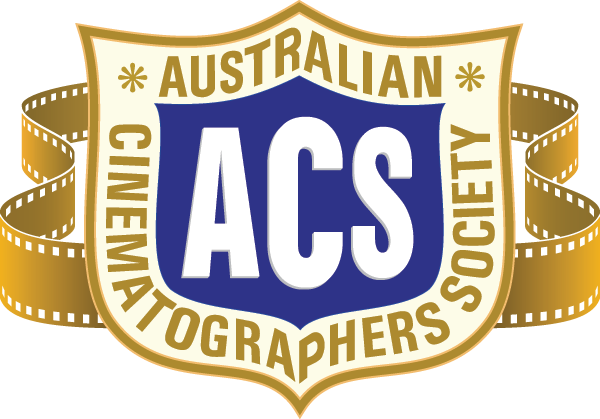A WIDER LENS: Australian Camera Workforce Development and Diversity report

A WIDER LENS: Australian Camera Workforce Development and Diversity report released 28 July 2022

WORLD FIRST REPORT REVEALS CAMERA PROFESSIONALS FACE SYSTEMIC INEQUALITY AND DISCRIMINATION IN AUSTRALIAN FILM AND TV INDUSTRY
A new report reveals shocking inequality, discrimination and a lack of diversity in the Australian screen sector with widespread industry practices driving careers marked by bullying, harassment and discrimination for camera professionals with significant negative mental health consequences.
The groundbreaking report, A Wider Lens, the first comprehensive analysis of camera departments done anywhere in the world, was commissioned by the Australian Cinematographers Society (ACS) and carried out by Deakin University.
Findings from an analysis of industry-reported production data reveal that of all Directors of Photography (DOPs) on feature film and TV drama shot in Australia (between 2011 and 2019), 9% were women and 91% were men.
At first glance the findings seem at odds with the international success of Australian women cinematographers. Of note are Ari Wegner ACS, who was nominated for a 2022 Academy Award for Best Cinematography for Power of the Dog, Mandy Walker ACS ASC who was the DOP on Baz Luhrmann’s Elvis, Zöe White ACS who filmed The Handmaids Tale and Bonnie Elliot ACS who was behind the camera on the recent Apple TV+ series, Shining Girls.
Despite their success, systemic barriers remain. A Wider Lens also found that, as budgets grow, the likelihood of a woman DOP being attached to a project decreases. All DOPs on big budget features shot in Australia (over USD 10 million) in the period 2011-2019 were men, and the serious gender pay gap sees men earn significantly more than women for working on the same types of projects.
A Wider Lens examines the workforce, the work model and the work culture of Australian film and television camera departments. The study pays particular attention to how social characteristics such as gender, age, class, ethno-cultural identity, sexuality, disability, and caring responsibilities overlap and interact to shape career paths and work experiences.
“This report is critically important in shaping the future of how we work in the Australian screen industry. While it specifically references camera departments, many of its findings are likely reflective of the broader industry and, while its findings are shocking, it also provides a roadmap forward”, said Erika Addis, President of the Australian Cinematographers’ Society.
Download the full report here »
Download the report summary here »
Read The Age commentary here »

